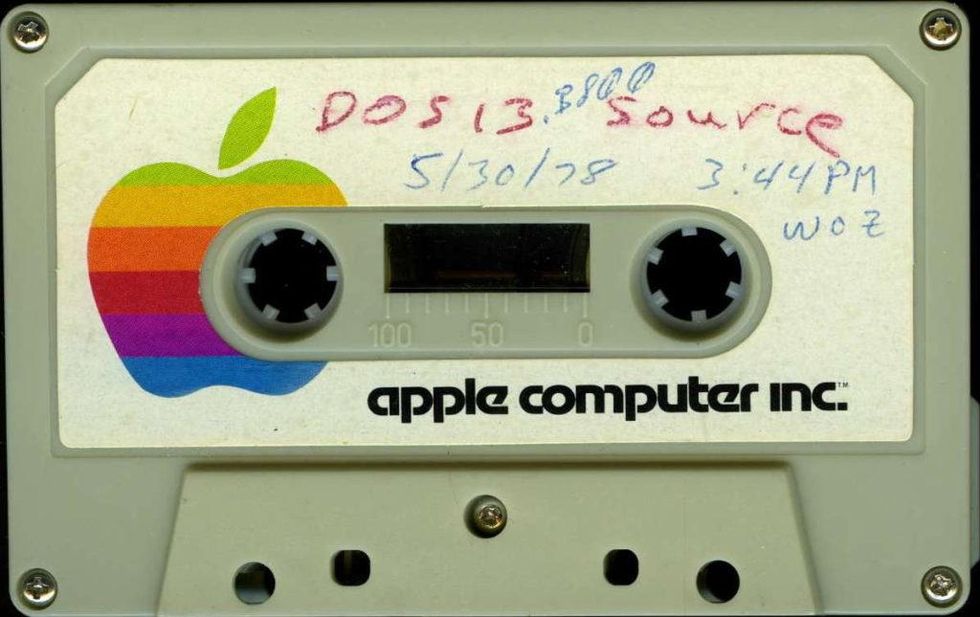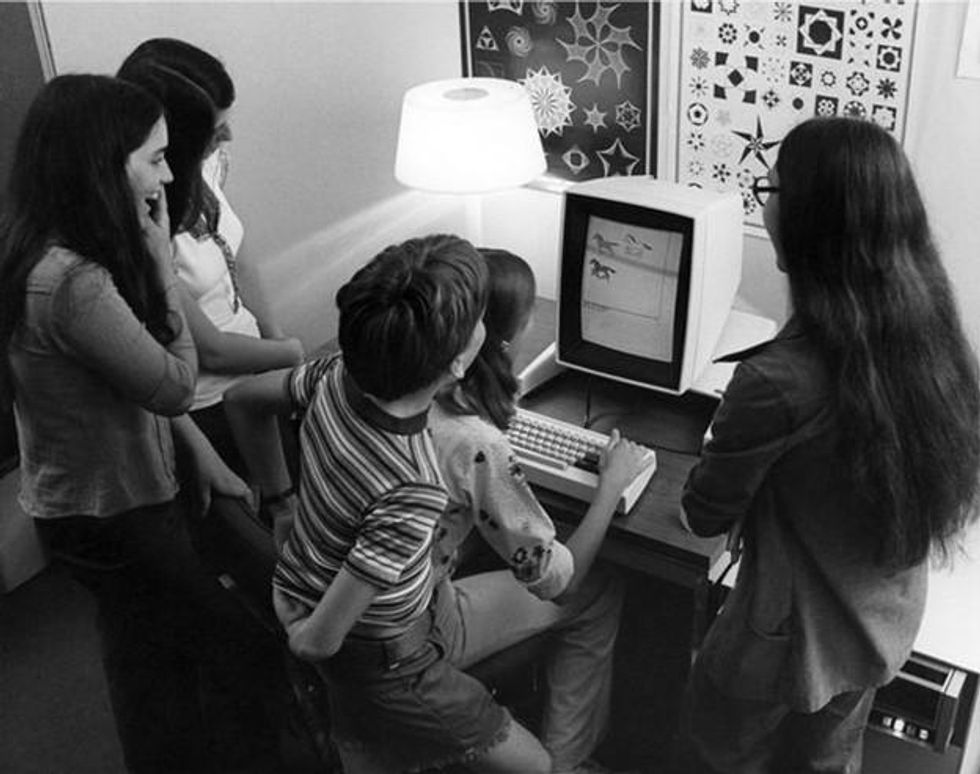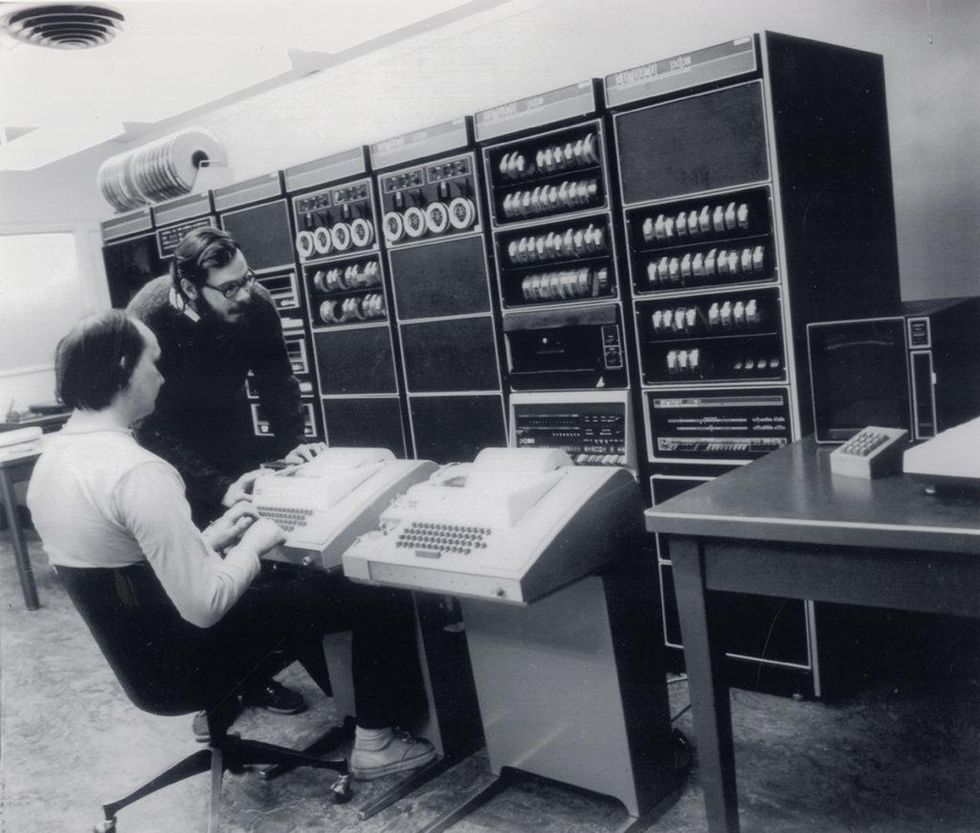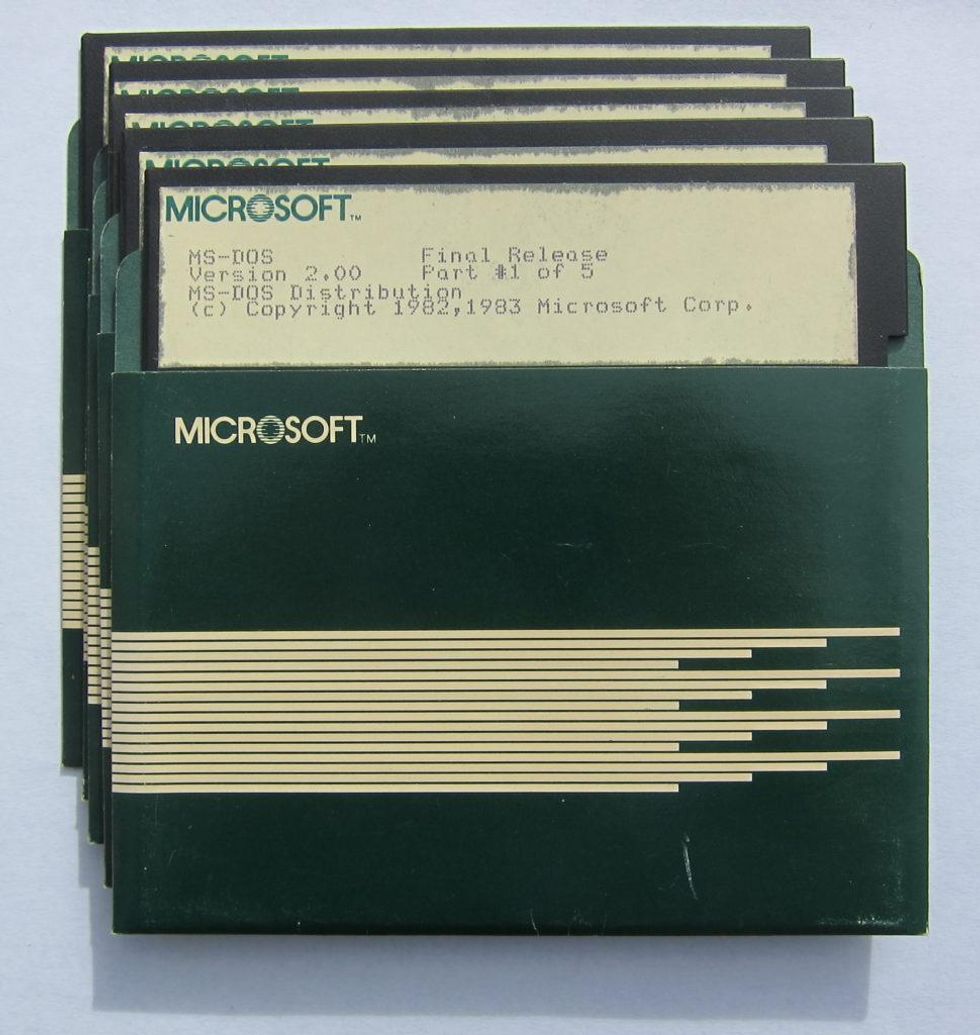Celebrating the Art of Code

We use software as an engine to power and move our digital world. We create software from code-that is, special languages that we can read and write, and that determine what computers and digital technologies actually do. Writing code is an art, a creative human activity undertaken by both individuals and by teams, and using sophisticated tools. The code that people create can be art in another sense also: For those who are familiar with these special languages, they can see beauty within them, much as we all can appreciate the design of a stunning garden or public park.
The Computer History Museum invites you to accompany us for a yearlong tour through our Art of Code" exhibition, which will provide many opportunities to explore remarkable stories, events, and historical source-code releases. We will hear from experts and luminaries about how software is created and the important consequences it has for society. We will explore firsthand the source code behind major developments in computing. And we will engage in discussions about critical issues today and their relationship to code.
 This cassette contains the Apple II's DOS source code, which CHM released in 2013.Computer History Museum
This cassette contains the Apple II's DOS source code, which CHM released in 2013.Computer History Museum
In September, we kicked off the Art of Code by marking the 50th anniversary of the breakthrough software language and environment Smalltalk. Smalltalk embraced a fresh, modular, and dynamic approach to the art of code called object-oriented programming. It was also a major step in the use of computers by children. The reverberations of each are still felt today. You can watch the full program of our Smalltalk event here and read a blog recap here.
 Children animating horses in Smalltalk-72 on an Alto computer. In 2020, CHM began hosting the Smalltalk Zoo, a collection of historical versions of Smalltalk from 1972 to 1995 in an in-browser emulation.PARC Library
Children animating horses in Smalltalk-72 on an Alto computer. In 2020, CHM began hosting the Smalltalk Zoo, a collection of historical versions of Smalltalk from 1972 to 1995 in an in-browser emulation.PARC Library
In October, we celebrated this year's new CHM Fellows, who all have made remarkable contributions to the art of code, including Smalltalk, the pathbreaking Plato system of online communities, learning, and collaboration, and the development of the Internet itself. Watch the full program here and read a blog recap here.
We will announce other events for the Art of Code throughout the coming year.
 Ken Thompson [seated] and Dennis Ritchie work with a DEC PDP-11, to which they migrated the UNIX software in 1971. In 2019, CHM released the source code for the earliest version of UNIX.Computer History Museum
Ken Thompson [seated] and Dennis Ritchie work with a DEC PDP-11, to which they migrated the UNIX software in 1971. In 2019, CHM released the source code for the earliest version of UNIX.Computer History Museum
For programmers, developers, coders, and other students of code, Art of Code will have a remarkable series of historical source-code releases over the coming year. We will begin with the public release of the source code for PostScript, the innovative software behind printing as we know it, the rise of Adobe, and PDF. Closely following will be CHM's public release of the source code for the Apple Lisa computer, a remarkably influential project by Apple that did so much to bring the graphical user interface and What You See Is What You Get" approaches into personal computing.
 This set of floppy disks contains Microsoft's MS-DOS 2.0. In 2010, CHM released the source code for MS-DOS 1.1 and 2.0.Computer History Museum
This set of floppy disks contains Microsoft's MS-DOS 2.0. In 2010, CHM released the source code for MS-DOS 1.1 and 2.0.Computer History Museum
Later in the year, look for events and offerings marking the 50th anniversaries of some of the pathbreaking developments in networked personal computing at Xerox PARC: the revolutionary Xerox Alto system and the era-defining network technology of Ethernet. CHM will also be releasing a digital archive of PARC's extraordinary historical contributions, including source code, documents, images, and more.
Join us!Please join the Computer History Museum for this Art of Code journey by signing up here for news and updates, and begin your own journey through our Art of Code resources by watching this movie, exploring this playlistof CHM's historical source-code releases, and visiting Make Software, Change the World! in person and online.
Editor's note: This post originally appeared on the blog of the Computer History Museum.